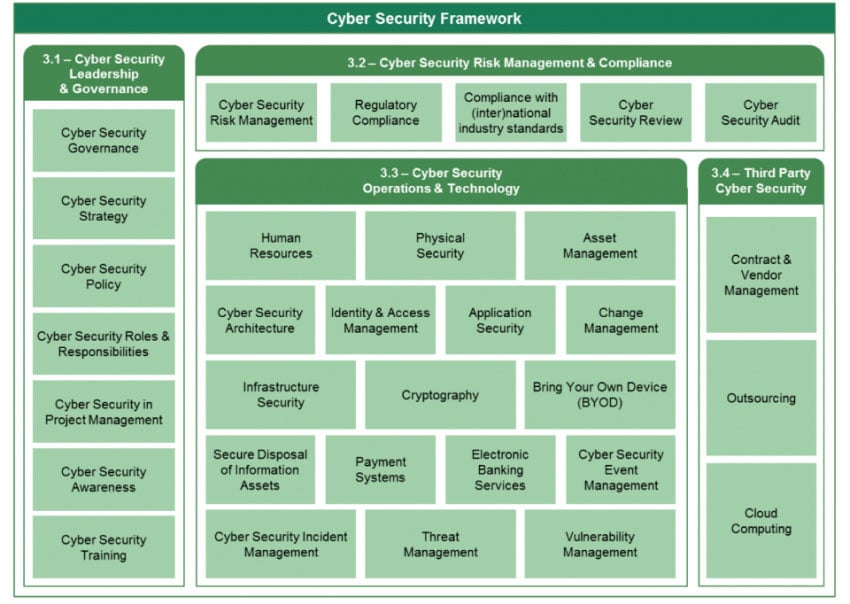
Not only is it important to learn how to manage up, but it's also important to develop good relationships with your managers. Managing up involves listening and setting clear boundaries with your manager. Here are some ways to make your boss happy and manage up. These tips will help you improve your relationship with your bosses and increase your authority in your job. Your manager will appreciate your efforts, as will you.
It is a skill to manage up
You will be able to manage up difficult conversations. Respect your manager and show empathy for their concerns. However, this skill can be hard. You must prepare for difficult conversations with managers. This skill will not only improve your relationship and help you achieve professional goals.

It involves building a relationship with your manager
Management up is about building a strong working relationship between your manager and you. This is done by getting to know your manager's priorities, communication style, preferences, and other details. The key to being a great employee is building a solid relationship with your manager. But it's not just about the relationship. It can make you more successful and help your boss do their job better. It can also help to develop yourself as an effective leader.
It involves setting boundaries
It is vital to establish and maintain clear, consistent boundaries. It is important to be clear and concise when setting boundaries. It is important that you recognize that not everyone will respect your boundaries. Sometimes, you might need to bend the rules for someone else. Make sure you are clear about your boundaries and that they are easy to comprehend and that you follow through. However, it is important to understand that setting boundaries is not always easy, and it is important to practice setting and maintaining them.
It requires listening
To manage up, you must first learn the style of your boss. Leaders prefer to be concise, while others want detailed plans. To get approval from your boss, you must listen carefully. Good listening skills are essential for anyone working in an office or remote location. The best listeners are also the most productive.

It involves being reliable
Being reliable is a key part of managing up. You must build a strong relationship with your manager, and be available whenever they require you. Your manager expects from you that you will be reliable and on-time. You will be given more responsibility and a higher salary if you meet these expectations. You should not be too reliable. Your manager and your company should see you as a valuable asset.
FAQ
What does it mean to say "project management"
It refers to the management of activities related to a project.
This includes defining the scope, identifying the requirements and preparing the budget. We also organize the project team, schedule the work, monitor progress, evaluate results, and close the project.
What are the steps involved in making a decision in management?
The decision-making process for managers is complex and multifaceted. It includes many factors such as analysis, strategy planning, implementation and measurement. Evaluation, feedback and feedback are just some of the other factors.
Remember that people are humans just like you, and will make mistakes. This is the key to managing them. You can always improve your performance, provided you are willing to make the effort.
This video shows you how management makes decisions. We discuss different types of decisions as well as why they are important and how managers can navigate them. You'll learn about the following topics:
What are management concepts?
Management Concepts are the management principles and practices that managers use in managing people and resources. They cover topics like job descriptions (job descriptions), performance evaluations, training programmes, employee motivation and compensation systems.
Statistics
- The BLS says that financial services jobs like banking are expected to grow 4% by 2030, about as fast as the national average. (wgu.edu)
- 100% of the courses are offered online, and no campus visits are required — a big time-saver for you. (online.uc.edu)
- UpCounsel accepts only the top 5 percent of lawyers on its site. (upcounsel.com)
- This field is expected to grow about 7% by 2028, a bit faster than the national average for job growth. (wgu.edu)
- As of 2020, personal bankers or tellers make an average of $32,620 per year, according to the BLS. (wgu.edu)
External Links
How To
What is Lean Manufacturing?
Lean Manufacturing is a method to reduce waste and increase efficiency using structured methods. They were developed by Toyota Motor Corporation in Japan during the 1980s. The goal was to produce quality products at lower cost. Lean manufacturing is about eliminating redundant steps and activities from the manufacturing process. It is made up of five elements: continuous improvement, continuous improvement, just in-time, continuous change, and 5S. The production of only what the customer needs without extra work is called pull systems. Continuous improvement is constantly improving upon existing processes. Just-in-time is when components and other materials are delivered at their destination in a timely manner. Kaizen refers to continuous improvement. It is achieved through small changes that are made continuously. Last but not least, 5S is for sort. To achieve the best results, these five elements must be used together.
Lean Production System
Six key concepts are the basis of lean production:
-
Flow - focus on moving material and information as close to customers as possible;
-
Value stream mapping: This is a way to break down each stage into separate tasks and create a flowchart for the entire process.
-
Five S's - Sort, Set In Order, Shine, Standardize, and Sustain;
-
Kanban – visual signals like colored tape, stickers or other visual cues are used to keep track inventory.
-
Theory of constraints - identify bottlenecks during the process and eliminate them with lean tools like Kanban boards.
-
Just-in-time - deliver components and materials directly to the point of use;
-
Continuous improvement - Make incremental improvements rather than overhauling the entire process.